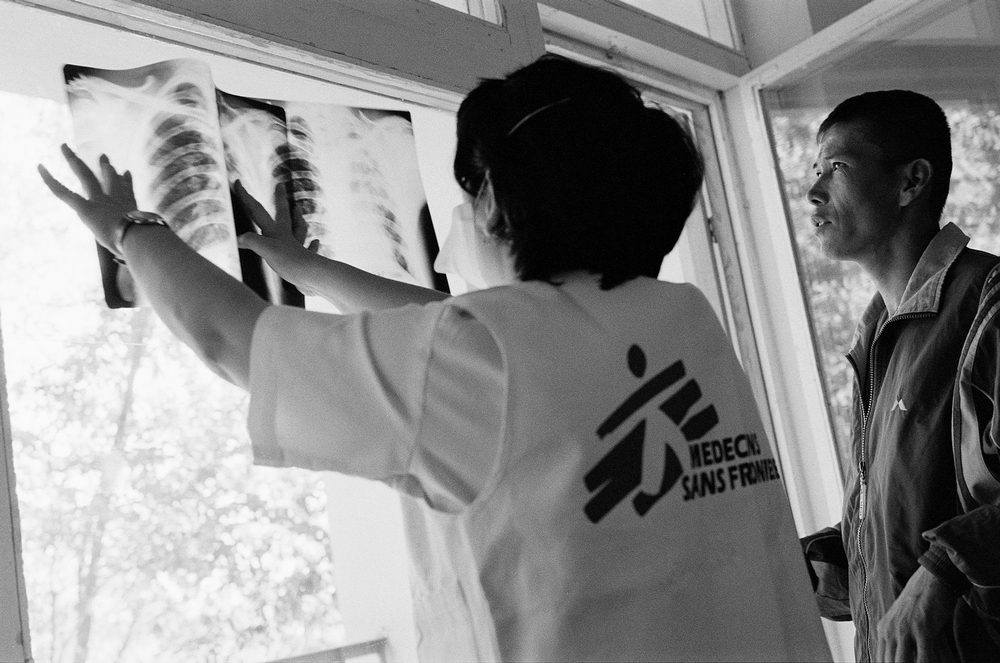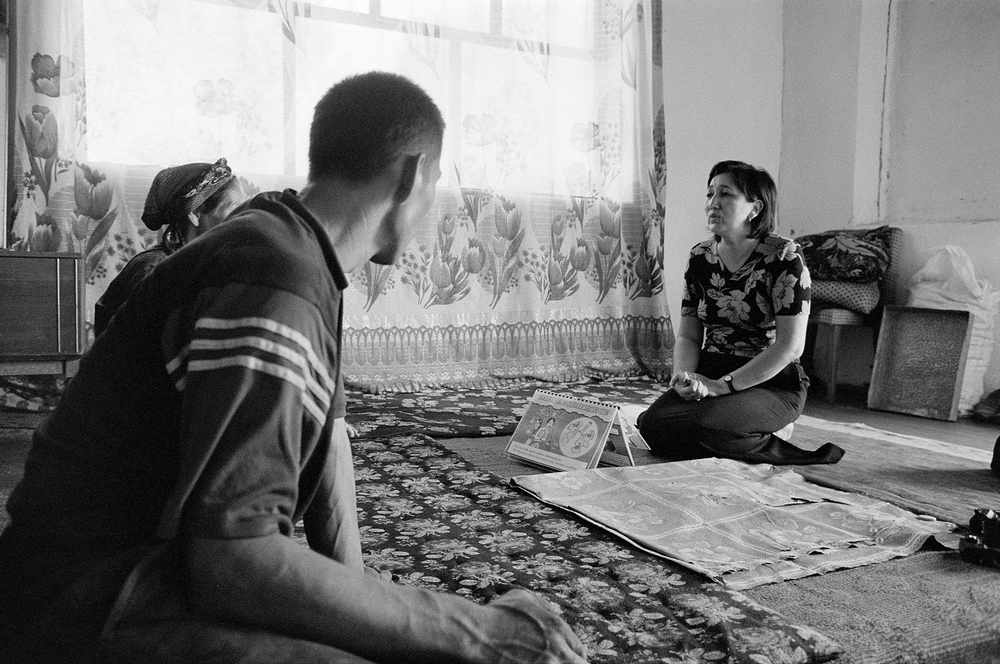Nukus/ Amsterdam, 22 September 2025 – Médecins Sans Frontières (MSF), the Ministry of Health of Uzbekistan (MoH) and the Ministry of Health of Karakalpakstan today marked the successful conclusion of their long-running collaboration on the Karakalpakstan Tuberculosis Programme. The closing ceremony, attended by MSF staff, national health authorities and representatives of expert community, celebrated almost three decades of joint efforts to strengthen tuberculosis (TB) diagnosis, treatment, and care in Karakalpakstan.

Launched in 1998 in response to high tuberculosis (TB) rates in Karakalpakstan, the Nukus TB Project began with the implementation of the World Health Organization’s DOTS (Directly Observed Treatment, Short Course) framework. Over time, it evolved into a comprehensive, person-centred approach addressing both drug-sensitive and drug-resistant forms of TB. The programme significantly expanded access to care and brought renewed hope to thousands of patients and their families.
A cornerstone of the project has been sustained capacity building for healthcare professionals and Ministry of Health (MoH) staff. Through years of training, mentorship, and technical support, the MoH is now better equipped to lead the regional TB response independently.
The project also integrated adherence support and psychosocial counselling to help ease the psychological burden that TB patients face. “I have been on treatment for tuberculosis for six months now and feel much better: I can go outside and enjoy life,” said 29-year-old Zukhra. “Volunteers and counsellors played a special role in my recovery, providing me with tremendous help, especially psychological support. Before, I didn’t even dream about the future — it seemed like my life was over. But thanks to their attention and care, regular visits and check-ups, I began to believe in a better future. Now I feel good, I continue to take my medication and look forward with hope.”
One of the project’s key achievements is the establishment of a state-of-the-art mycobacteriology laboratory in Nukus—now one of the most advanced facilities of its kind in Central Asia. This lab plays a critical role in diagnosing both TB and multidrug-resistant TB (MDR-TB), providing high-quality testing services across Karakalpakstan.

Historically, patients with drug-resistant TB faced grueling 18- to 24-month treatment regimens, often accompanied by severe side effects. To address this, MSF launched the TB-PRACTECAL clinical trial in 2016, with Nukus serving as one of the study sites. The trial tested a new, fully oral, six-month treatment that proved more effective and significantly better tolerated than the previous global standard.
The trial’s results were instrumental in shaping the World Health Organization’s 2022 treatment guidelines, which prioritized the new regimen for drug-resistant TB. Building on this progress, MSF and the MoH conducted operational research to support broader implementation and the nationwide rollout of the shorter regimen in Uzbekistan. As MSF concludes its operations in Nukus, the Ministry of Health reaffirms its commitment to sustaining and further strengthening TB care across Uzbekistan. The partnership has established a solid foundation for continued progress in the fight against TB — ensuring that patients nationwide can access timely, effective, and compassionate treatment.
Médecins Sans Frontières (MSF) has been working in the Republic of Uzbekistan since 1998, in close collaboration with the country’s Ministry of Health. Over the years, MSF has played a key role in strengthening the national response to infectious diseases, including tuberculosis (TB), HIV, and hepatitis C. Through the introduction of innovative treatment protocols and person-centred care models, MSF has helped to significantly improve health outcomes across the country.
-
Related:
- DR-TB
- DRTB
- endTB
- MDRTB
- MSF in Uzbekistan












